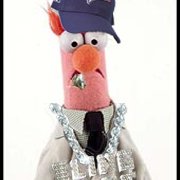Possible _ArrayUnique bug?
-
Similar Content
-
- 77 replies
- 14,682 views
-
- 6 replies
- 2,575 views
-
- 16 replies
- 4,177 views
-
Issue with Array.au3 or _ArrayUnique .au3 in version 3.3.14.1 - "incorrect number of subscripts"
By souldjer777,
- 11 replies
- 2,506 views
-
- 7 replies
- 5,138 views
-






Recommended Posts
Create an account or sign in to comment
You need to be a member in order to leave a comment
Create an account
Sign up for a new account in our community. It's easy!
Register a new accountSign in
Already have an account? Sign in here.
Sign In Now